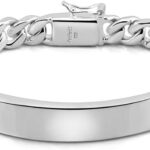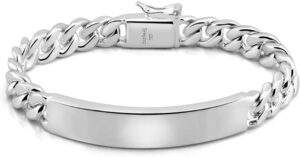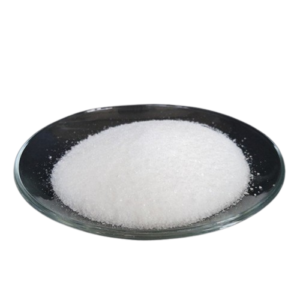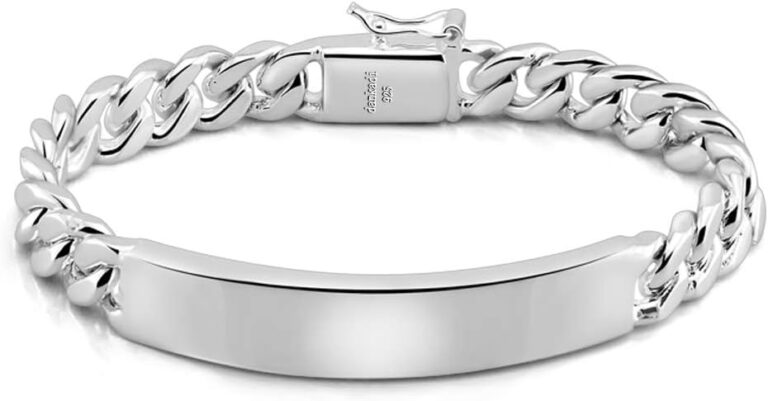Kidney stones are a common medical condition affecting millions worldwide. These hard mineral and salt deposits form in the kidneys and can cause significant discomfort if left untreated. Effective kidney stone treatment is crucial to relieve pain, prevent complications, and ensure overall well-being.
In this blog, we’ll explore the causes, symptoms, and advanced treatment options available for kidney stones, along with tips to prevent their recurrence.
What Are Kidney Stones?
Kidney stones are solid masses formed from crystallized minerals and salts that usually occur when urine becomes concentrated. They can vary in size, from tiny particles to stones large enough to obstruct the urinary tract.
Types of Kidney Stones:
- Calcium Stones: The most common type, often caused by excess calcium in the urine.
- Uric Acid Stones: Associated with high protein intake or conditions like gout.
- Struvite Stones: Often linked to urinary tract infections (UTIs).
- Cystine Stones: A rare type caused by a genetic disorder called cystinuria.
Symptoms of Kidney Stones
Symptoms typically manifest when the stone moves into the ureter, causing irritation or obstruction. Common signs include:
- Intense pain in the back, side, or lower abdomen.
- Nausea and vomiting.
- Frequent and painful urination.
- Blood in the urine (hematuria).
- Cloudy or foul-smelling urine.
Causes of Kidney Stones
Several factors contribute to kidney stone formation:
- Dehydration: Insufficient water intake leads to concentrated urine, promoting stone formation.
- Diet: High salt, sugar, and protein consumption can increase the risk.
- Obesity: Excess weight is linked to changes in urinary chemistry.
- Medical Conditions: Conditions like hyperparathyroidism, gout, or recurrent UTIs.
- Family History: Genetic predisposition plays a significant role.
Kidney Stone Treatment Options
Treatment depends on the size, location, and composition of the stone, as well as the severity of symptoms. Here are the most common approaches:
1. Medications
For small stones, doctors often prescribe medications to manage pain and relax the ureter, making it easier for the stone to pass naturally.
2. Hydration Therapy
Drinking plenty of fluids helps flush smaller stones out of the urinary tract.
3. Extracorporeal Shock Wave Lithotripsy (ESWL)
This non-invasive procedure uses sound waves to break larger stones into smaller pieces that can pass through the urine.
4. Ureteroscopy
A thin tube with a camera is inserted into the urinary tract to locate and remove stones or break them into smaller fragments using a laser.
5. Percutaneous Nephrolithotomy (PCNL)
For larger or more complex stones, surgeons make a small incision in the back to access and remove the stone directly.
6. Open Surgery
Rarely used today, open surgery is reserved for complicated cases where other methods are not viable.
Lifestyle Changes to Prevent Kidney Stones
Prevention is better than cure, especially for recurrent kidney stones. Consider these lifestyle changes to reduce the risk:
- Stay Hydrated: Drink at least 2-3 liters of water daily to dilute urine.
- Adjust Your Diet: Limit intake of salt, sugar, and animal protein. Include foods rich in calcium and citrate, such as dairy and citrus fruits.
- Exercise Regularly: Maintaining a healthy weight reduces the risk of stone formation.
- Limit Oxalate-Rich Foods: Spinach, beets, and nuts can increase oxalate levels, contributing to certain types of stones.
- Monitor Medications: Some drugs can increase the likelihood of kidney stones. Always consult your doctor about potential side effects.
The Role of Advanced Diagnostics
Accurate diagnosis is essential for effective treatment. Modern healthcare facilities employ advanced diagnostic tools, including:
- Ultrasound: A non-invasive way to detect stones.
- CT Scan: Provides detailed images of the urinary tract, identifying even small stones.
- Urine Tests: Determine the presence of crystals, infections, or other abnormalities.
- Blood Tests: Check calcium, uric acid, and kidney function levels.
When to Seek Medical Help
While small stones may pass naturally, it’s crucial to consult a doctor if you experience:
- Severe or persistent pain.
- Difficulty urinating.
- Fever or chills, indicating infection.
- Blood in the urine.
Early intervention prevents complications like kidney damage or recurrent infections.
Why Choose Siddhivinayak Hospital for Kidney Stone Treatment?
At Siddhivinayak Hospital, we specialize in providing advanced and personalized care for kidney stones. Our team of experienced urologists and surgeons employs cutting-edge technology to ensure effective diagnosis and treatment tailored to your unique needs.
From non-invasive treatments like ESWL to minimally invasive procedures like ureteroscopy and PCNL, Siddhivinayak Hospital prioritizes patient comfort and recovery. With state-of-the-art facilities and a compassionate approach, we are committed to improving your quality of life.
Don’t let kidney stones disrupt your well-being. Trust Siddhivinayak Hospital for expert care and a healthier future.
















